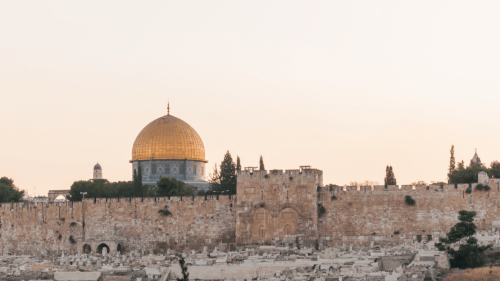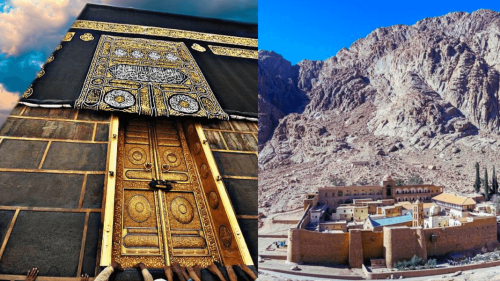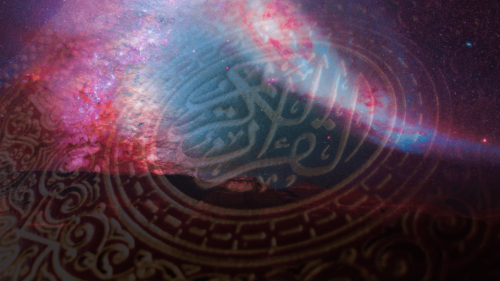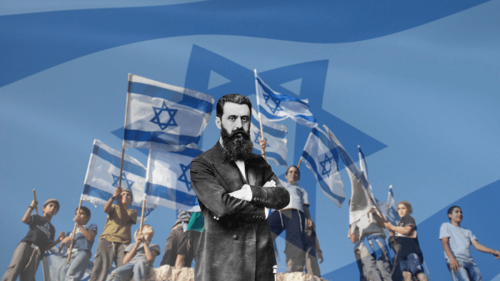Trusting One's Muslim Neighbors: A Celebration of Muslim-Jewish Amity Reborn
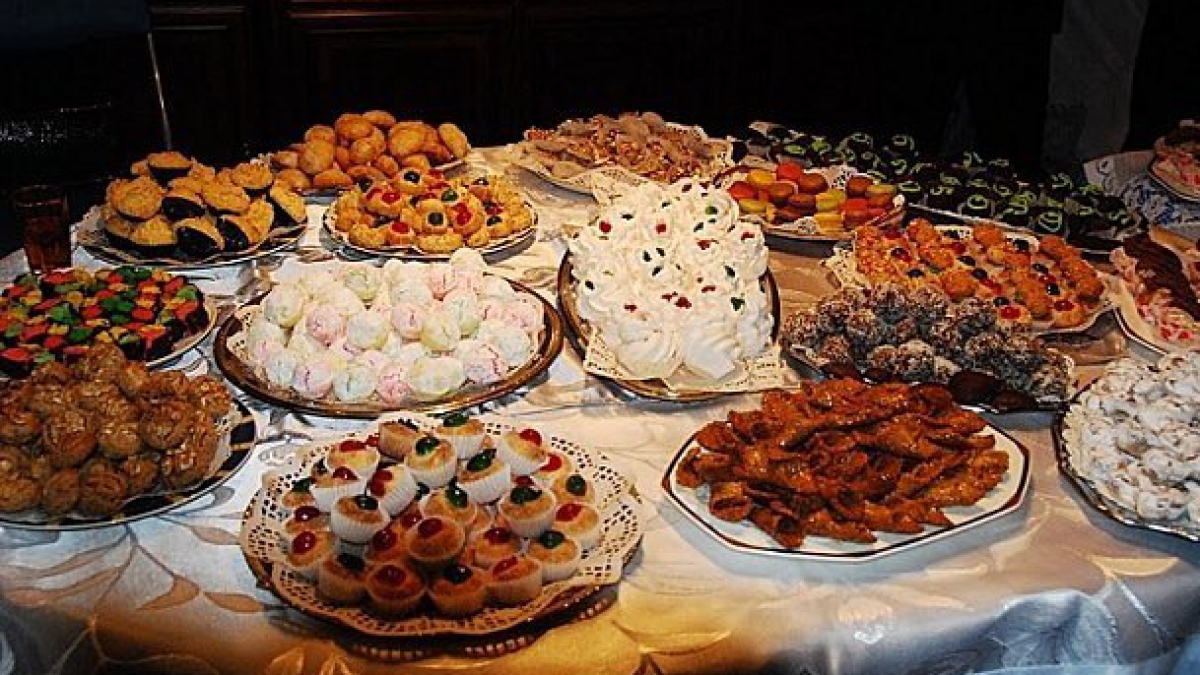
A traditional Moroccan celebration of Muslim-Jewish amity and friendship is being reborn in the State of Israel. The North African Jewish festival of Mimouna, a 24-hour food centered festival, begins right after the week of Passover ends. For centuries Moroccan Jewish homes were emptied of leavened bread during the week of Passover. At the end of week of Passover, Jews could eat bread and pastry, but they had no flour at all in their homes to bake with. Ashdod resident Shaul Ben-Simhon, who immigrated to Israel in 1948 at age 18, said that in Morocco the holiday brought Jews and Muslims together each year. "Our home was open to everyone, including Arabs," he said. Ben-Simhon recalled the tradition of Arab neighbors bringing flour to his home, so his mother and grandmother could make baked goods.
Often this was the same flour that Jews had given to their Muslim neighbors a day prior to the start of Passover, so Jews could rid their homes of leavened flour, prior to Passover. When, after the end of Passover, Arabs came to Jewish homes to return the flour, they were always invited to stay for a few hours and enjoy the soon to be baked goodies. Thus, Jewish homes were filled with neighbors, friends and family exchanging traditional Arabic blessings of success ( some say that the name Mimouna derives from an Arabic word for "wealth" and "good luck") while awaiting the laden trays of delicious Mimouna baked goods. The celebration often was repeated the next day with more pastry and joy.
In Israel unfortunately. for the first two decades of statehood, the festival was hardly marked at all. "In the early days of the state, we Moroccans were busy with absorption and working hard, often in construction. We didn't have the energy or self-confidence to celebrate Mimouna,"" said Ashdod resident Shaul Ben-Simhon. That changed in 1968, when Ben-Simhon, at age 38 and a high-ranking official at the Histadrut, Israel's trade union alliance, organized a Mimouna celebration in Lod in a bid to help the integration of Moroccan immigrants into Israeli society. His effort to raise the community's morale attracted 300 participants. The next year, Ben-Simhon moved the celebration to Jerusalem, got then-mayor Teddy Kollek's support, and managed to draw a crowd of 5,000. This grew into a major celebration in Jerusalem's Sacher Park that today draws over 100, 000 people. This event inspired the revival of Mimouna across Israel, and usually includes the president and prime minister in the celebration.
Across the country, Moroccan Jews and Israelis of all ethnic backgrounds flock to smaller public and private celebrations. A special law even requires bosses to grant employees unpaid leave on the day of Mimouna if they want to carry on celebrations from the previous evening. Unfortunately, the Orthodox Rabbinical bureaucracy has arraigned for a formal "sale" of all the leavened flour in a city to a few Arab Muslims or Christians, so the much more personal, private "sale" to one's Arab neighbors rarely takes place in Israel. Perhaps, a restoration of this part of the Passover tradition will help bring Jews and Arabs in Israel closer together. Ben-Simhon believes that Mimouna promotes unity between families and neighbors. (In Morocco, it was a day when people would visit each other to bury grudges.)
There are several theories regarding how the celebration got the name Mimouna Some think that Mimouna was the name of the anniversary of the scholar Maimon Ben Joseph of Fez, father of the great 12th-century rabbi Maimonides who lived most of his life in Morocco and Egypt. I think that it comes from an Arabic word, used in North Africa, that sounds similar to Mimouna or the Hebrew word Emunah, which means faith or trust. Jews trusted their Muslim neighbors to guard the flour faithfully from becoming impure, and their Muslim neighbors always did so. Perhaps the revival of the Jewish-Muslim celebration of Mimouna in Israel, could stimulate Muslims and Jews in other parts of the world to reach out to each other and share traditional pastries made from both leaven and unleavened flour. Passover this year will start on the evening of March 25 and will end after sundown on April 1 for all Jews in Israel and for Reform Jews worldwide, and on April 2 for Orthodox and Conservative Jews outside of Israel. It would be wonderful if Jewish and Muslim groups or individuals could invite each other to this "Celebration of Muslim-Jewish Amity Reborn".
One of the best parts of Mimouna for most people is the varied menu of baked goods. According to Elisheva Chetrit, a historian of Moroccan Jewry at Jerusalem's Schechter Institute of Jewish Studies, in Morocco, the yearly celebration began with the eating of nuts, dates and dried fruit, as Muslims do when braking the daily fast during Ramadan. Then Arabs neighbors would arrive with flour needed to prepare bread and pastry and the celebration would begin. Ari Hegnon, a self-described foodie says, "I'm Ashkenazi, (an East European Jew) and while there are many Moroccan-style restaurants, I feel it's only on Mimouna, when every Moroccan that I know has their door open and their best home-cooking for me to try, that I get the real taste of this cuisine," Among the most popular treats are biscuits, cakes and mofleta, a traditional flat bread. "After eating nothing leavened for seven days, to break this 'leven fast' with dozens of different Moroccan-style baked goods is fantastic."
*****
Rabbi Allen S. Maller retired after serving for 39 years as Rabbi of Temple Akiba in Culver City, California. His web site is rabbimaller.com.






